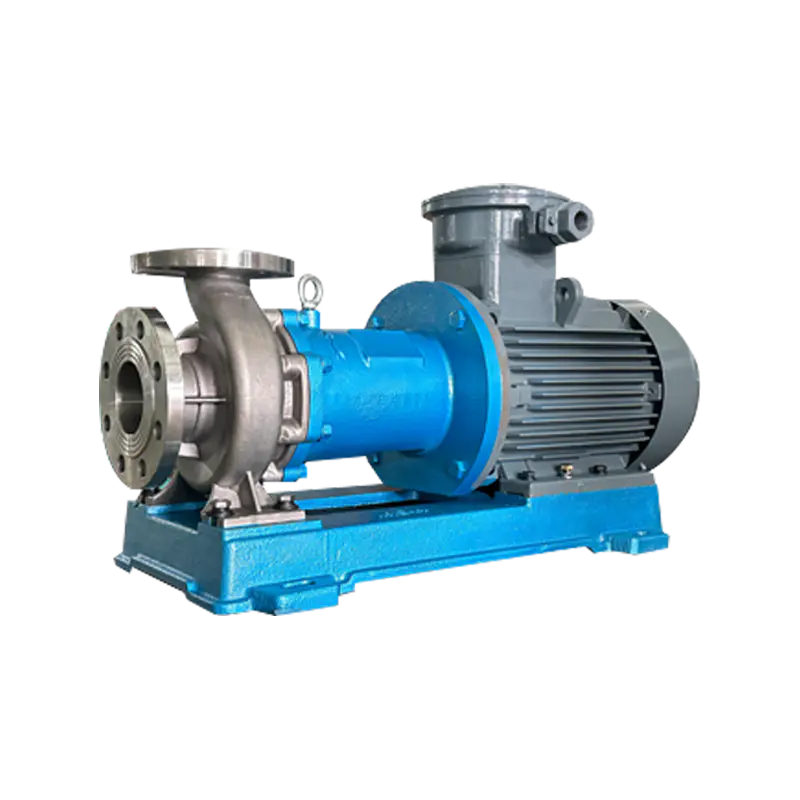The future of magnetic water pump technology holds immense potential, driven by rapid advancements in material sciences, computational modeling, and renewable energy integration. As researchers and engineers push the limits of existing designs, new innovations are emerging that could reshape how we think about fluid transportation across multiple domains.
One exciting avenue of exploration involves enhancing the magnetic properties of working fluids themselves. Recent studies focus on developing "smart fluids" that respond dynamically to external magnetic fields. These fluids, often referred to as magnetorheological (MR) or ferrofluid-based solutions, exhibit changes in viscosity when exposed to varying magnetic intensities. Such adaptive behavior allows for unprecedented control over flow rates and pressure adjustments, paving the way for smarter pumping systems capable of self-regulation.
Another breakthrough lies in the incorporation of nanotechnology. Scientists are experimenting with embedding nanoparticles into base fluids to amplify their responsiveness to magnetic fields. This approach not only improves the efficiency of magnetic water pumps but also enables them to operate effectively with non-conductive or low-viscosity liquids. For instance, oil refineries could leverage nanoparticle-enhanced magnetic pumps to optimize crude oil extraction and refining processes, achieving higher yields with lower energy inputs.
Artificial intelligence (AI) and machine learning (ML) are also set to transform magnetic water pump operations. AI-driven algorithms can analyze real-time data from sensors embedded within pump systems, predicting maintenance needs, optimizing energy usage, and adapting to changing environmental conditions. Imagine a smart irrigation system powered by magnetic pumps that automatically adjusts water flow based on soil moisture levels, weather forecasts, and crop requirements—all orchestrated by an intelligent algorithm.

Sustainability remains a central theme in the evolution of magnetic water pump technology. As the world shifts toward carbon-neutral goals, integrating these pumps with renewable energy sources becomes increasingly important. Solar-powered magnetic water pumps, for example, offer a viable solution for remote agricultural communities lacking access to grid electricity. Similarly, wind-powered variants could support large-scale water distribution networks in arid regions, promoting equitable access to clean water resources.
Looking ahead, interdisciplinary collaborations will likely accelerate progress in this field. Partnerships between academia, industry leaders, and government agencies will foster the development of standardized protocols, safety guidelines, and certification frameworks for magnetic water pumps. Public-private initiatives aimed at scaling production capacities and reducing costs will make this technology accessible to broader audiences.
Ultimately, the convergence of physics, engineering, and digital technologies promises to unlock new frontiers for magnetic water pumps. From precision medicine to climate resilience, these pumps embody the spirit of innovation, empowering humanity to tackle complex challenges with elegance and efficiency. As we embrace this transformative era, magnetic water pumps will undoubtedly play a starring role in shaping a brighter, more sustainable future.





















